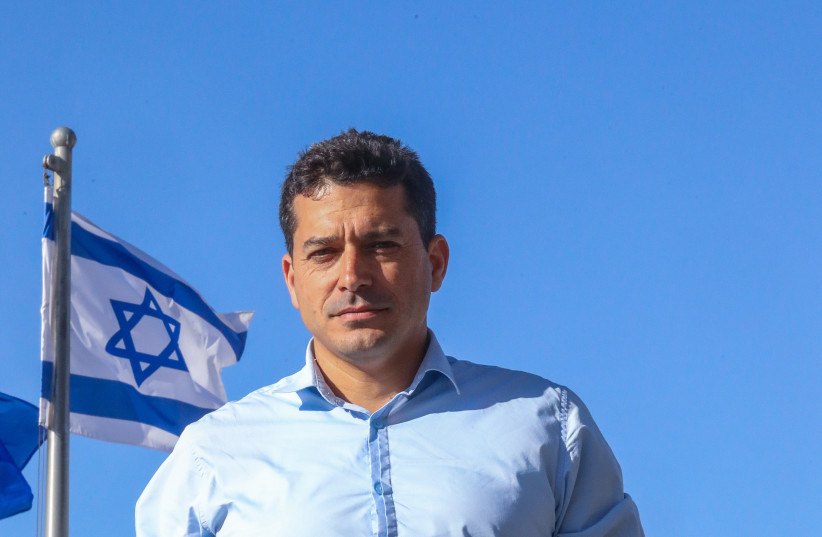While Israelis wait for the new government to start its tenure, Jewish communities all over the world are apprehensive about its attitude toward them. In recent months, we have heard voices coming from the Diaspora.
We call upon the new Diaspora Affairs and Social Equality Minister, Amichai Chikli to ease their worries, and to serve as their representative in the Israeli government.
A new Israeli government has been inaugurated. Notwithstanding the political disagreements among the various parties, and the challenges facing a new government, it will also have to address the challenge of strengthening the bond between the State of Israel and our brethren in the Diaspora.
It is an open secret that in recent years, support for Israel could no longer be taken for granted. The State of Israel has a duty to work on increasing its responsibility to the Jewish people, wherever they live.
This will probably be one of the most difficult and urgent challenges with which the new Diaspora Affairs Minister will have to contend. This was achieved in previous years by bringing as many Jews as possible to visit Israel.

Programs such as Birthright and Masa Israel Journey, among others, are doing excellent work by giving Diaspora Jews the opportunity to learn about Israel, to connect with the country and to feel a sense of belonging.
In recent years, as the State of Israel has become stronger, and Jewish communities in the Diaspora have changed, we now need to work with an inverse paradigm. Israel needs to send people to get to know Diaspora Jews all over the world, and to learn about the challenges they face.
In the past, people used to say “If the mountain will not come to Muhammad, Muhammad will come to the mountain.” This is the approach we should embrace now. We have to reach out to our beloved brothers and sisters in the Diaspora.
Helping Israelis understand Diaspora Jewry
WE NEED to facilitate meet-ups to enable Israelis to really get to understand Diaspora Jewry.
Gesher arranges delegations of senior Israeli figures who travel to meet, to listen and to learn. These are not PR delegations promoting Israel. The Gesher delegation members want to understand what it means to be a Jew living in the Diaspora and how the connection (or lack thereof) with Israel impacts their Jewish identity on a daily basis.
Listening and knowing the needs of Diaspora Jewry will improve the trust between both sides, thus bringing them closer to one another.
Like in all good relationships, each side is dealing with its own unique challenges and difficulties. Inasmuch as Diaspora Jewry are bothered by the events happening in Israel, we, in Israel, should be more aware of and involved in the difficulties that Jews abroad have to deal with, such as antisemitism.
We must all remember that Chikli represents Israel to Jewish communities all over the world. Moreover, he will have to fight to protect these communities’ rights in his own government.
The State of Israel is the state of the Jewish nation. Now is the time to define what the State of Israel can do to promote Diaspora Jewry and how it can help them with the challenges they face. This is best achieved through direct and open channels of communication and regular meetings. Chikli should send a clear message that embraces and unites all the Jewish communities in the Diaspora.
The fact that Chikli is familiar with all the different Jewish religious movements across the globe, including the second largest Jewish community in the world, the North American Jewish community will help him to fulfill his duties.
We at Gesher and other organizations are here and ready to help and we all wish Chikli every success in his new position.
The writer is the executive director of Gesher, an organization which works to strengthen the bond between the State of Israel and the Jews in the Diaspora.
